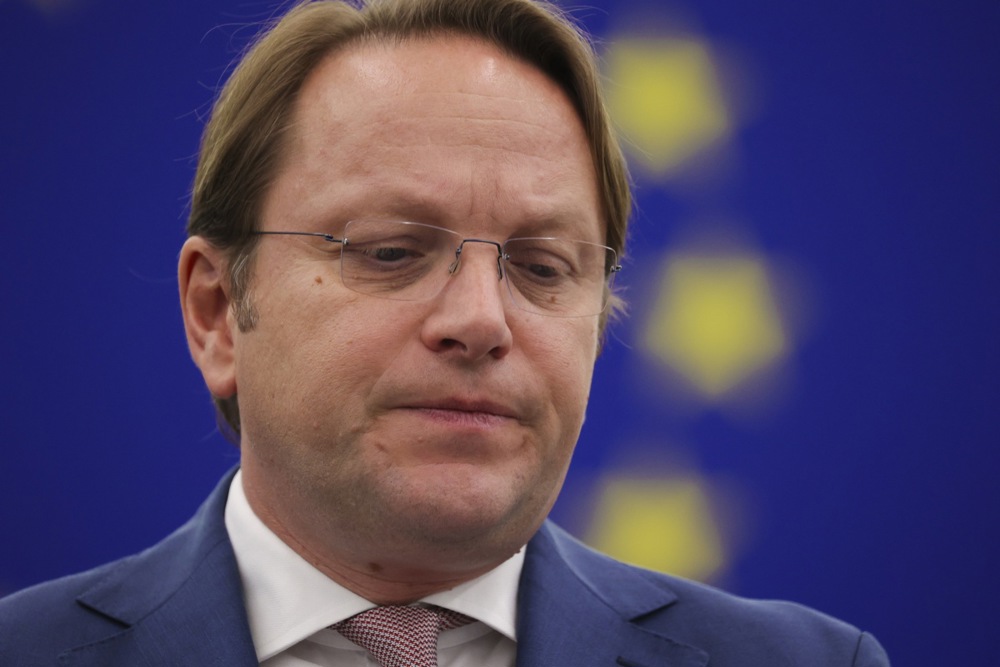The European Parliament’s Committee on Economic and Monetary Affairs (ECON) has voted in favour of tightening consumer protections against fraud.
Centred around a reform of the European Union’s Payment Services regulation, the newly proposed changes will grant Europeans greater legal rights should they fall victim to “spoofing” scams, where a fraudster attempts to impersonate someone to gain illegal access to cash.
Approved on February 14, the changes include reforms giving citizens greater rights in terms of data protection. They also mandate that both banks and social media platforms bear responsibility for protecting their customers from criminals who aim to steal their cash.
ECON voted in favour of requiring financial service providers to be transparent about “hidden charges”, with parliamentarians in particular highlighting the often unclear cost of using certain ATMs.
Speaking to Brussels Signal, S&D MEP Marek Belka said the changes represented an “evolution rather than a revolution” of existing EU law that would, nevertheless, have substantial benefits for consumers.
He heralded ECON’s decision to vote in favour of expanding customer-fraud protections to online platforms, which he described as representing a “small revolution” for European consumers.
“The regulation touches upon various points, from more complicated issues such access to information by FinTech’s to topics that we may come across each day, such as payment fraud or transparency of information in ATMs,” the Polish politician said.
“We cover it all by expanding and supporting the Commission’s proposal.”
European Union institutions have reached a provisional agreement on new rules aimed at protecting a subsection of “gig economy” workers within the bloc. https://t.co/fZH5CYNm5G
— Brussels Signal (@brusselssignal) February 9, 2024
Not everyone was happy about ECON voting in favour of the reforms.
In a statement, Big Tech industry organisation the Computer and Communications Industry Association (CCIA) Europe argued that the decision to expand fraud liability to online platforms would disproportionately “damage” their members, while letting Europe’s largest banks “off the hook”.
“No evidence has ever been presented that creating this new liability would lead to improvements,” the group argued.
“In fact, it is a blatant attempt by large incumbent banks to escape the responsibility they have towards their own customers by shifting it to innovative players, who are already subject to strict rules and actively combat online fraud.”
Belka rejected the suggestion that the Parliament went too easy on Europe’s banking sector, arguing that the body had to “carefully balance” the interests of many industry sectors while considering the reforms.
He added that a “slow-and-steady” approach to regulation reform was required, with such a “step-by-step” method necessary to keep private interests “on side”.
The digital euro’s launch looks likely to be pushed back substantially from its 2027 goal as the European Central Bank attempts to overcome tepid support from commercial banks and citizens.@mmMatejMesko | @MillicentLabs | @DigiEurohttps://t.co/ByDAS7VUK7
— Brussels Signal (@brusselssignal) February 7, 2024





